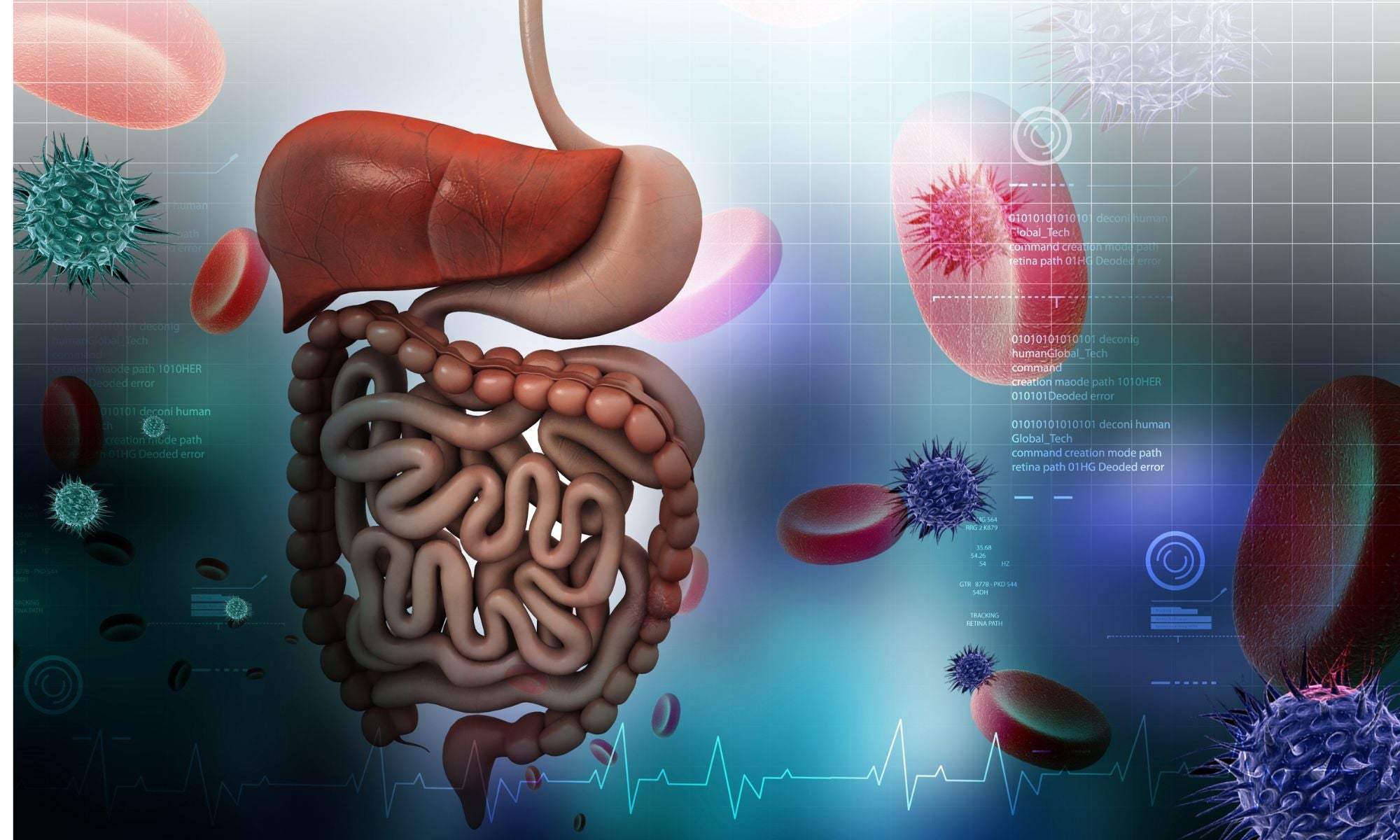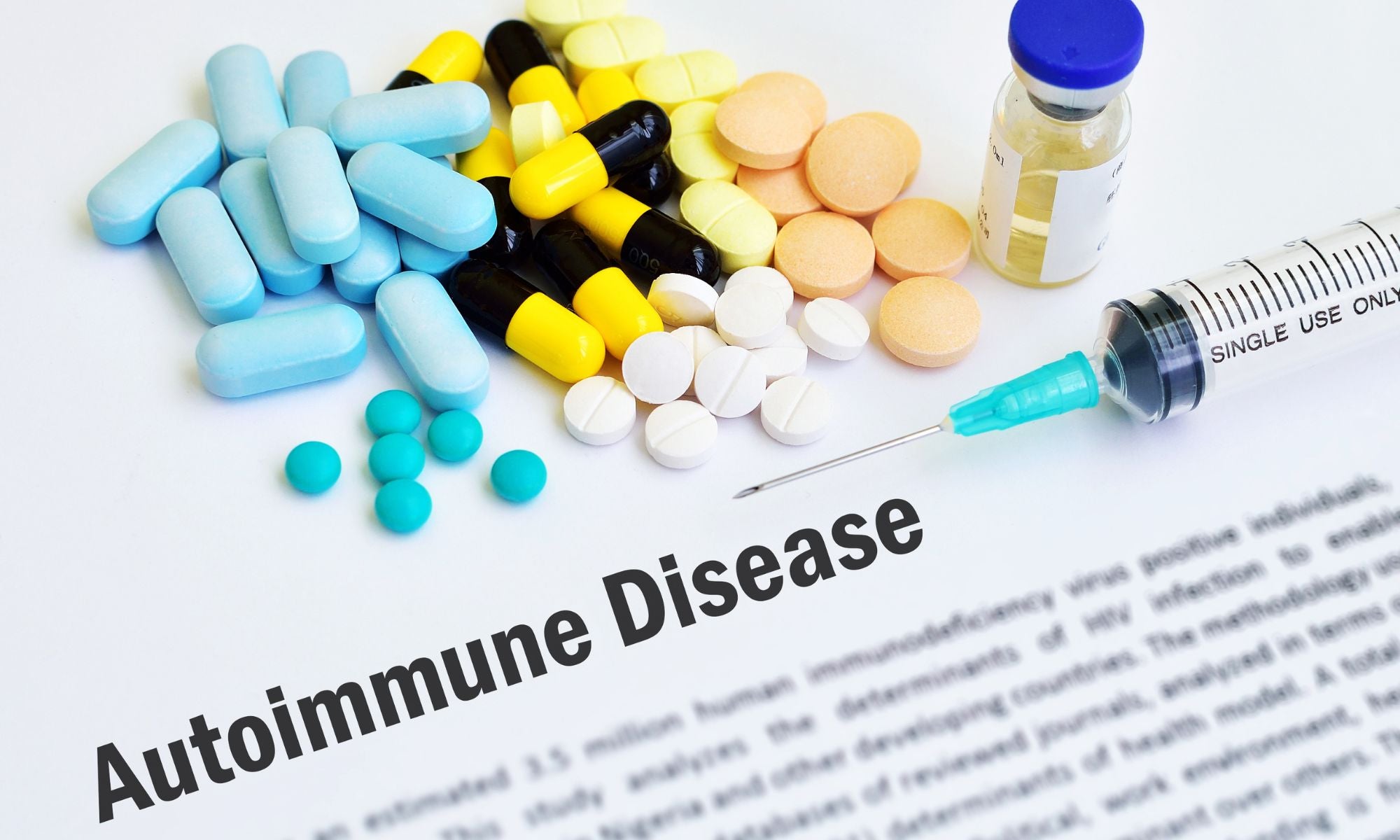
Get Your Gut in Check: The Surprising Benefits of Fiber for Digestive Health
Maintaining a healthy digestive system is more important than ever in today's fast-paced world. With so many processed foods and unhealthy eating habits, it's easy for our gut health to suffer. But did you know the key to improving your digestive system might be as simple as adding more fiber to your diet? That's right - fiber is a powerful nutrient that can work wonders for your gut health. Not only can it help regulate digestion and prevent constipation, but it can also reduce the risk of severe health issues like colon cancer and heart disease. In this article, we'll explore the many benefits of fiber for digestive health and provide some tips for incorporating more fiber-rich foods into your diet. Read on to discover how you can get your gut in check with the power of fiber!
The Importance of Gut Health
Before we dive into the benefits of fiber, let's take a moment to talk about why gut health is so essential. The digestive system, or the gut, breaks down food, absorbs nutrients, and removes waste. When the gut functions properly, we feel energized, healthy, and free of digestive issues. However, when the gut is out of balance, we can experience many problems, including bloating, constipation, diarrhea, and even more severe conditions like inflammatory bowel disease and irritable bowel syndrome.
What is fiber, and Why is it Important for Digestive health?
Our bodies are unable to digest fiber, a particular form of carbohydrate. Insoluble fiber does not dissolve and adds bulk to the stool. Instead, it makes a relatively unimpeded passage through the digestive system, offering various health advantages.
Both types of fiber are important for digestive health. Soluble fiber helps regulate digestion by slowing food movement through the digestive system. This can help prevent constipation and diarrhea. It also feeds the good bacteria in our gut, promoting a healthy balance of microorganisms. Insoluble fiber, on the other hand, helps move food through the digestive system and gives stools more bulk. This keeps people from getting constipated and allows them to go to the bathroom regularly.
The Benefits of Fiber for Digestive Health
Now that we know what fiber is and why it's essential for digestive health let's look closely at its many benefits.
Regularity
One of the most well-known benefits of fiber is its ability to promote regularity. When we eat a diet low in fiber, the stool can become hard and difficult to pass, leading to constipation. However, the stool becomes softer and bulkier when we eat a fiber-rich diet, making it easier to pass. This can help prevent constipation and promote regular bowel movements.
Reduced Inflammation
. This can help reduce the risk of inflammatory bowel disease and other chronic digestive issues.
Improved Nutrient Absorption
By slowing down how food moves through the digestive system, fiber can also help the body absorb more nutrients. This gives our bodies more time to absorb the nutrients in our food, which can help us get the most out of our food.
Weight Management
Eating a lot of fiber can also help you keep your weight in check. Foods with more fiber are more filling than foods with less fiber. This can help us feel full and stop us from overeating. Also, fiber can help keep blood sugar levels steady. This keeps blood sugar from going up and down, which can cause cravings and overeating.
Reduced Risk of Colon Cancer
One of the most significant benefits of fiber for digestive health is its ability to reduce the risk of colon cancer. Studies have shown that people with a diet high in fiber are less likely to get colon cancer than those with a diet low in fiber. This is likely because fiber promotes regular bowel movements and helps eliminate waste more efficiently.
How Much Fiber Do You Need and Where Can You Find It?
Now that we know about all the benefits of fiber, the next question is how much fiber we need and where we can find it
.
There are two types of fiber: those that dissolve in water and those that don't. Soluble fiber dissolves in water and makes a gel-like substance in the intestines.
To increase your fiber intake, eat fiber-rich. Adults should get between 25 and 30 grams of fiber every day. Most people need to catch up to this goal since the average daily intake is about 15 grams. Food, including fruits, vegetables, whole grains, nuts, and seeds. Some examples of high-fiber foods include:
- Apples (4 grams of fiber per medium apple)
- Avocado (10 grams of fiber per avocado)
- Black beans (15 grams of fiber per cup)
- Broccoli (5 grams of fiber per cup)
- Chia seeds (10 grams of fiber per ounce)
- Lentils (15 grams of fiber per cup)
- Oatmeal (4 grams of fiber per cup)
- Quinoa (5 grams of fiber per cup)
- Raspberries (8 grams of fiber per cup)
- Sweet potato (4 grams of fiber per medium potato)
Tips for Incorporating More Fiber-Rich Foods into Your Diet
Incorporating more fiber-rich foods into your diet can seem daunting if you're not used to eating a lot of fiber
.
- Start slowly. Inflammation is a normal response to an injury or infection, but when it lasts for a long time, it can cause several health problems, such as problems with the digestive system. Scientists have found that fiber reduces inflammation in the gut by feeding the good bacteria there and promoting a healthy balance of microorganisms. If you're not used to eating a lot of fiber, add one high-fiber food daily and gradually increase your intake over time.
- Focus on whole foods. Many processed foods are low in fiber, so focus on eating whole foods like fruits, vegetables, whole grains, and legumes.
- Experiment with new recipes. Eating a high-fiber diet doesn't have to be boring. Experiment with new recipes incorporating fiber-rich foods, like lentil soup or quinoa salad.
- Snack on high-fiber foods. Keep a stash of high-fiber snacks, like apples or almonds, on hand for when hunger strikes.
- Use fiber supplements if needed. If you're having trouble getting enough fiber from your diet, consider using a fiber supplement to help fill the gap.
The Link Between Fiber and Colon Cancer Prevention
As we mentioned earlier, one of the most significant benefits of fiber for digestive health is its ability to reduce the risk of colon cancer. The risk of developing colon cancer is reduced in those who consume a high-fiber diet compared to those who consume a low-fiber diet, according to research.
The reason for this is only partially apparent. Still, it's believed that fiber may help reduce the risk of colon cancer by promoting regular bowel movements and helping to eliminate waste from the body more efficiently. Additionally, fiber may help reduce inflammation in the gut, which can also play a role in colon cancer prevention.
The Role of Fiber in Heart Health
In addition to its many benefits for digestive health, fiber is also beneficial for heart health. Research has demonstrated that a high-fiber diet reduces the risk of cardiovascular disease.
This is because fiber can help regulate blood sugar and lower cholesterol levels. This can help lower the risk of heart disease and other heart-related problems.
Common Misconceptions About Fiber
Despite its many benefits, there are still some common misconceptions about fiber. Some of the most common are:
Myth: All Carbohydrates are Bad
Many believe all carbohydrates are bad for you, but this is false. Carbohydrates are essential nutrients that our bodies need to function correctly, and fiber is a carbohydrate that provides many health benefits.
Myth: You Only Need Soluble Fiber
While soluble fiber is important for gut health, soluble and insoluble fiber are essential for overall health. Constipation is avoided, and regular bowel movements are encouraged thanks to the bulk that insoluble fiber adds to the stool and the speed with which it moves through the digestive tract.
Myth: You Can't Get Enough Fiber on a Plant-Based Diet
While getting enough fiber on a plant-based diet can be challenging, it is possible with some planning and effort. Focus on eating high-fiber foods, including fruits, vegetables, whole grains, nuts, and seeds.
How to Choose the Right Fiber Supplements
Consider using a fiber supplement if you have trouble getting enough fiber from your diet. Many fiber supplements are available, including psyllium, methylcellulose, and wheat dextrin.
When choosing a fiber supplement, look for one made from natural ingredients and does not contain added sugars or artificial flavors. Additionally, follow the dosage instructions carefully to avoid any digestive issues.
The Power of Fiber for Digestive Health
In conclusion, fiber is a powerful nutrient that benefits digestive health. From promoting regularity to reducing inflammation to preventing colon cancer and heart disease, fiber is essential to a healthy diet. You can improve your gut health and enjoy all the benefits that come with it by eating more fiber-rich foods and, if necessary, taking fiber supplements. So why not begin now? Your gut will be grateful.












